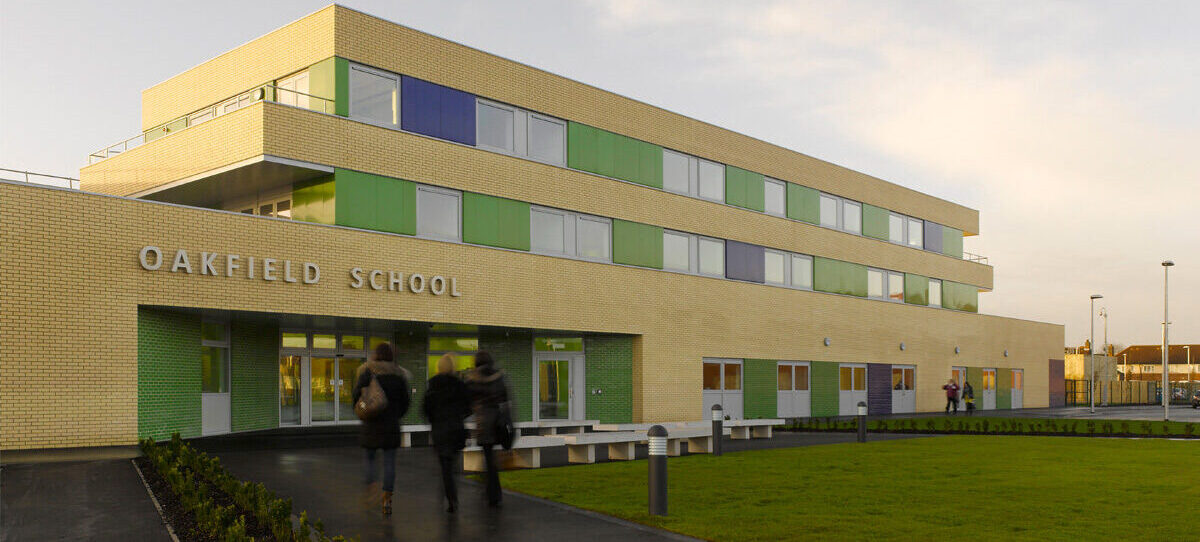This funding how now been discontinued with the last payments being for the 2019 to 2020 academic year.
The following funding and strategies/impact are historic.:
Literacy and Numeracy Catch-Up Premium gives state-funded schools, including special schools and alternative provision settings, additional funding to support year 7 pupils who did not achieve the expected standard in reading or maths at the end of Key Stage 2.
All state-funded schools receive an additional £500 for each identified pupil. The money is to be used by schools to deliver additional tuition and provision, giving students valuable support to bring them up to speed so that they are more likely to succeed and attain at secondary school.
How will the impact be measured
The impact of the funding will be measured by assessment data, homework and improved attitude to learning.
At the end of each term, pupils progress is tracked to ensure the effectiveness of the planned strategies.
2021/22 Strategies and Impact
- Two week transition in July 2021in preparation for the September 2021 start. All year 7 pupils are invited to the school to meet staff and participate in planned lessons.
- Year 7 students are allocated to a nurture style class with a higher staff to student ratio.
- Access to a Lexia program on a iPad or computer
- Purchasing of additional resources (focus on English)
- Individualised emotional well-being sessions
- Dyslexia screening
- Developing extended writing across the curriculum
At the end of each term, pupils progress is tracked to ensure the effectiveness of the planned strategies.
2020/21 Strategies and Impact
- Two week transition in September 2020, all year 7 pupils are invited to the school to meet staff and participate in planned lessons. *The normal transition that was planned in July 2020 did not occur due to partial school closure.
- Year 7 students are allocated to a nurture style class with a higher staff to student ratio.
- Access to a Lexia program on a iPad or computer
- Purchasing of additional resources (focus on English)
- Whole Class emotional well-being sessions
- Dyslexia screening
- Developing extended writing across the curriculum
Due to partial school closure due to national lockdowns in the 2020/21 academic year only those pupils deemed most vulnerable attended school.
There was a focus on all of the year 7 pupils accessing some form of face to face education including accessing the residential LEAP provision.
2019/20 Strategies and Impact
- 4 day Transition week In July 2019, all year 6 pupils are invited to the school to meet staff and participate in planned lessons.
- Year 7 students are allocated to a nurture style class with a higher staff to student ratio.
- Access to a Lexia program on a iPad or computer
- Purchasing of additional resources (focus on maths)
- Whole Class emotional well-being sessions
- Dyslexia screening
- Developing extended writing across the curriculum
68% of the year 7 cohort was on track to made 2 sublevels of progress in English Reading, 74% of pupils was on track to make 2 levels of progress in English writing and 42% on track to make 2 sublevels in Maths (not all of the 5 areas within maths was able to be covered by the class teacher). This is based on pupil progress September 2019-March 2020.
2018/19 Strategies and Impact
- 4 day Transition week in July 2018, all year 6 pupils are invited to the school to meet staff and participate in planned lessons.
- Year 7 students are allocated to a nurture style class with a higher staff to student ratio.
82% of the year 7 cohort made 2 sublevels of progress in English Reading, 73% of pupils made 2 levels of progress in English writing and 100% made 2 sublevels in Maths.
